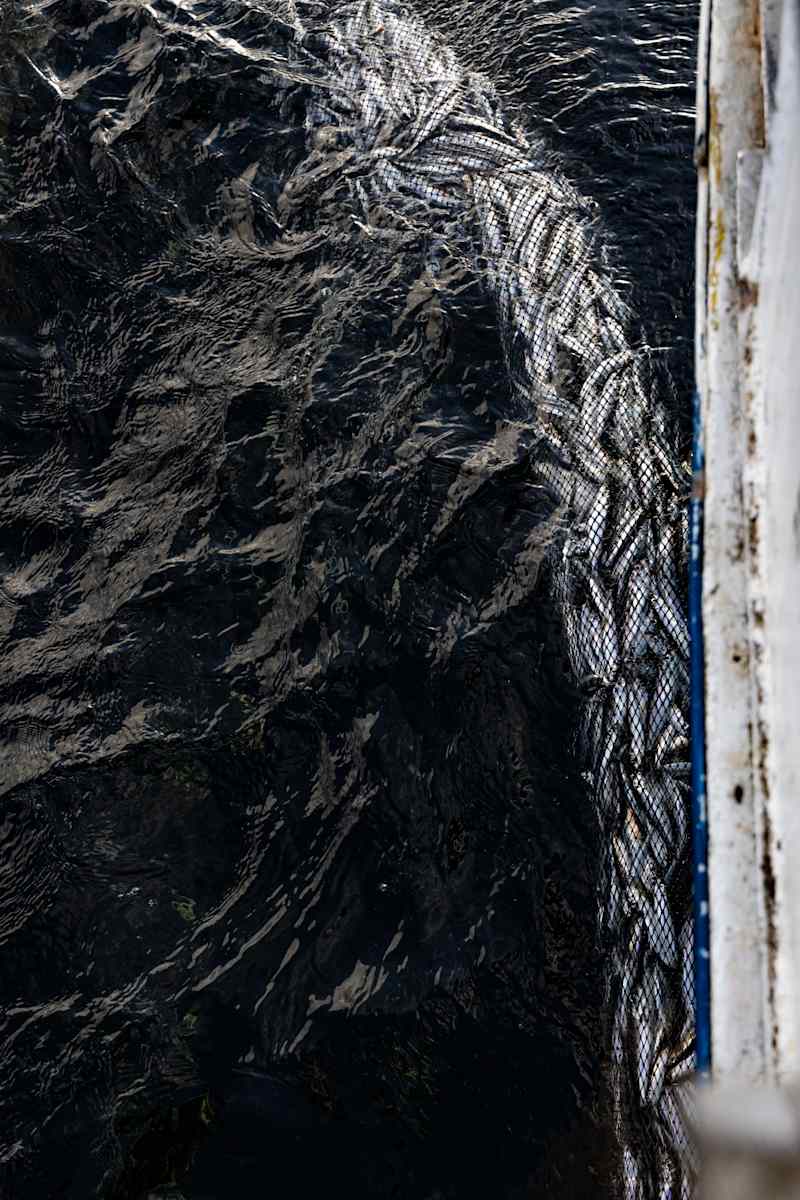Swedish study: fewer and fewer toxins in Baltic herring

According to the researchers, the use of herring as food can be increased safely because the amount of toxins released into the sea by the paper industry has decreased.
The levels of harmful substances in herring caught in the Baltic Sea have fallen significantly, according to a study commissioned by Swedish broadcaster SVT’s Uppdrag Granskning.
The study was carried out by sampling herring from 12 sites along the Sveanmaa coast, located on both sides of the Stockholm archipelago.
The results show a 30% reduction in dioxin and PCB toxin levels compared to a similar study five years ago.
Karlsson points out that these boundaries are valid if people do not receive dioxins elsewhere for their diet.
According to SVT, the decline in environmental toxins is particularly due to the reduction in the paper industry.
Similar research results have also been obtained, for example, when the toxic residues of the southern kicker eggs or perch have been studied.
